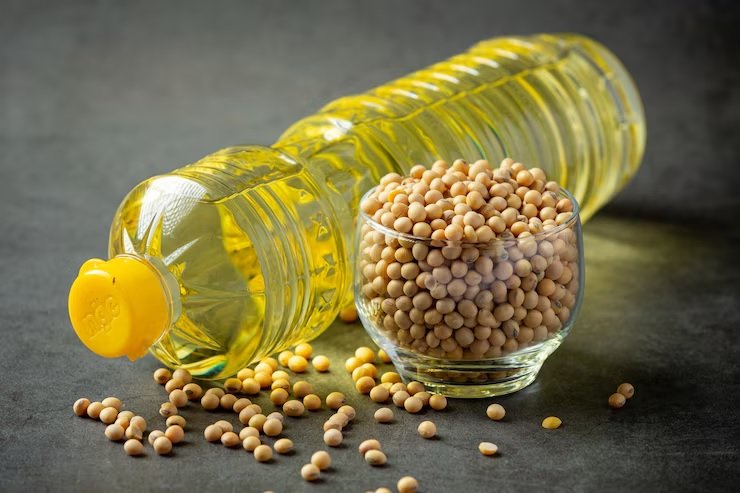Need to control huge imports of pulses and edible oils
17-Jun-2025 03:26 PM

New Delhi. The goal of self-sufficiency is slipping away as India’s imports of pulses and edible oils continue to rise. It is a paradox that while the central government is regularly increasing the Minimum Support Price (MSP) for pulses and oilseeds and promoting domestic production through the Pulses-Oilseeds Mission, it is also facilitating large-scale imports from abroad.
The deadline for duty-free import of tur and urad was initially extended to 31 March 2026, and later yellow peas were also included.
A nominal 10 percent import duty has been maintained on gram and lentils, ensuring that exporting countries face minimal trade barriers.
Similarly, the basic import duty on crude palm oil, soybean oil, and sunflower oil — the three most imported edible oils — was recently reduced from 20 percent to 10 percent, thereby lowering their landed cost.
An analysis of the domestic situation reveals that due to record imports during the financial year 2024–25, prices of tur, urad, gram, and lentils have dropped significantly from their previous highs and are now at or below the MSP.
At a time when sowing of Kharif pulse crops is underway, prices should ideally be higher to encourage farmers to expand the sowing area. Notably, moong is not imported, and yellow peas are not covered under MSP, yet their prices have also declined sharply.
The central government has set an ambitious target of achieving self-sufficiency in pulses and oilseeds within the next three to four years. However, its current import-friendly policies appear to contradict this goal.
While it is understandable that the government must consider the interests of consumers and take steps to curb food inflation, it must also take responsibility for safeguarding the interests of farmers and the domestic processing industry.
